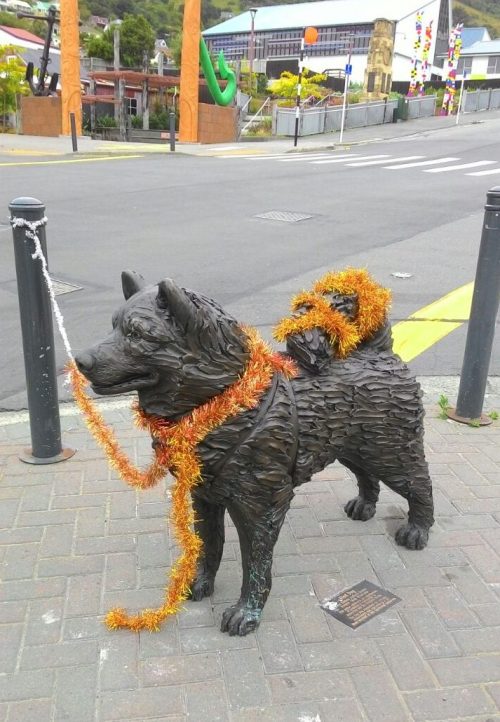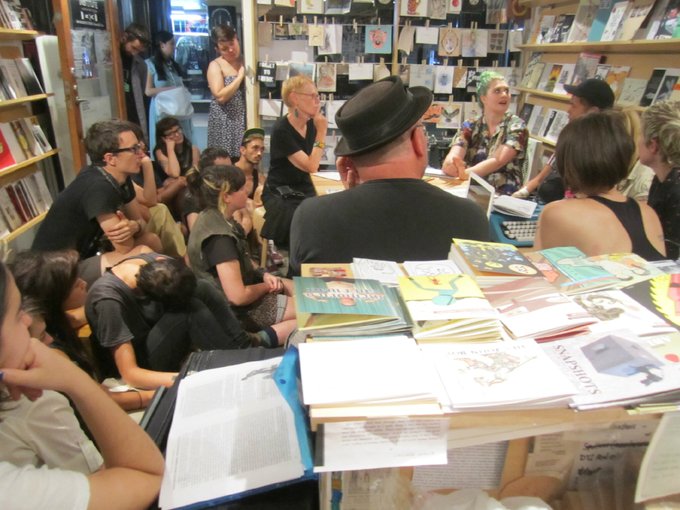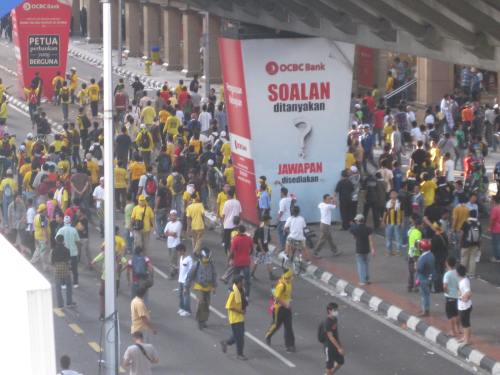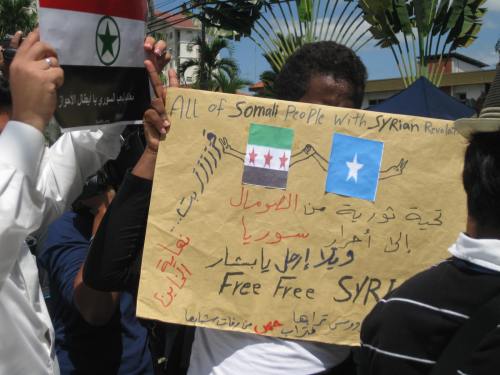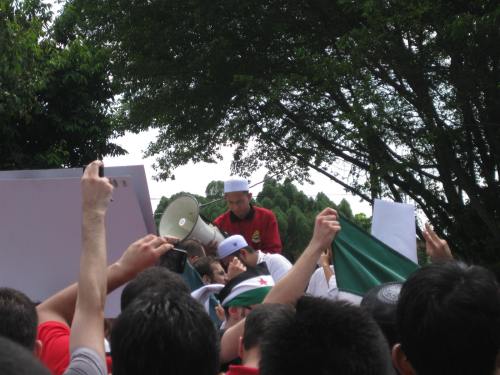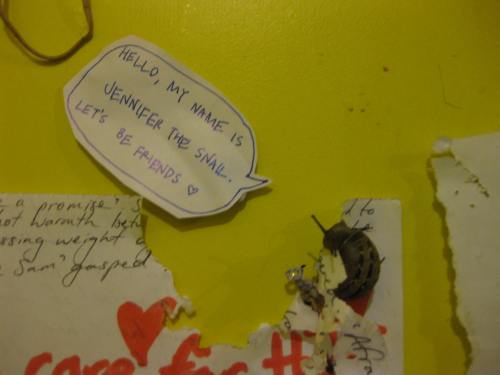I went back to Europe for a date last week. We were meeting in the McDonald’s in Taksim Square – really? Is this some kind of joke? – and I arrived in a dolmuş from Kadiköy, too early, having been unsure how long the journey would take. So I sat in front of the Republic Monument for half an hour, wishing I had worn my hoodie. I listened to Parlovr and FantomenK. Parlovr made me think of Saudi Arabia, the backdrop to the story behind Hell, Heaven; of Malden, Massachusetts, where I was based when I discovered them a year ago; and of Belfast, where I sat in a bar at sixteen or seventeen and considered the relative safety, or not, of my location were gunmen to enter.
play Parlovr – Hell, Heaven
Some men were shouting as they headed down Istiklal Caddesi carrying a giant Turkish flag over their heads. 22,000 Turkish troops had entered Iraqi Kurdistan that morning but the world seemed to have reacted with its customary disinterest, and anyway Gaddafi’s death was the big headline that day. I recalled February in Leipzig, wondering where I could find a ‘Gaddafi’s dead’ party when the time came. He was still in charge back then, his presence causing more to die every day, and the immediacy of the situation made me believe that his death would allow the Libyan people to live. In the end, he was dead not because of self-defence but revenge. I could understand why it had happened this way, but I didn’t feel like a party any more.
The following day, I was afraid I would miss my flight. I threw up intermittently through the afternoon and spent long periods of time sitting on the floor, activities like standing up and walking upright having become excruciatingly taxing. I hadn’t drunk all that much – at least, not by the standards of a million other nights out – but maybe it was bad wine or maybe I simply hadn’t eaten enough before I started drinking. At least it had been a good night: I recalled conversations about sex work, Islam and Defiance, Ohio; a blurry recollection of kissing in the street (how did this come to pass?); the tattooed former sailor who ran Zurich, the metal bar. The aftermath, though, formed the worst day I’d had all year.

Eventually Asli came home and took charge, insisting that I eat some bread while she prepared medicine. “I don’t feel like eating bread,” I said. “That isn’t really the point,” she explained. I sat on the sofa and ate the bread painstakingly slowly, eventually zoning out so I could chew mechanically without being too conscious of the horrific act of eating. The medicine was a big cup of lemon and mint tea, which sounded and smelled appealing but was less than appetising. But now I felt able to take an illegal taxi to the airport, saving me from being around crowds, and I no longer had to consider wasting 70 euros by delaying my departure.
Georgia had been on my mind for more than a year, ever since I left Berlin. At the time, I had been wandering aimlessly, sad and tired. I didn’t know where I wanted to be, and was feeling pretty suggestible when Murdoch recommended Tbilisi; I appreciated that somebody had stepped in to give me a lead, any lead. I had never even met anyone who’d been to Georgia, and my knowledge of the country could be summarised quickly: Mariam Romelashvili represented it in the 2007 Junior Eurovision Song Contest; it was bombed by Russia in 2008; there were eucalyptus trees in the breakaway territory of Abkhazia; and Georgian wine was really, really good. Murdoch knew someone who had a room available for absurdly cheap rent, and I emailed her to ask about it. While I waited for a reply that never came, I found myself reading guidebooks in shops, picturing a new life. Berlin had been a false start; maybe Tbilisi was what I needed. Having failed to unlock the next level of German, I would turn my attention instead to learning a new, curly script. My basic Polish and recollection of half the Cyrillic alphabet might bridge a gap or two while I found my bearings. I would live cheaply and quietly and far from anyone I knew, and if I was still sad I would just fucking deal with it.
In the absence of a response from Tbilisi, I held on to the city in the back of my mind. My plans and locations started to change, but I needed to at least check out the path I might have taken.
It was almost 3am when my flight landed.

